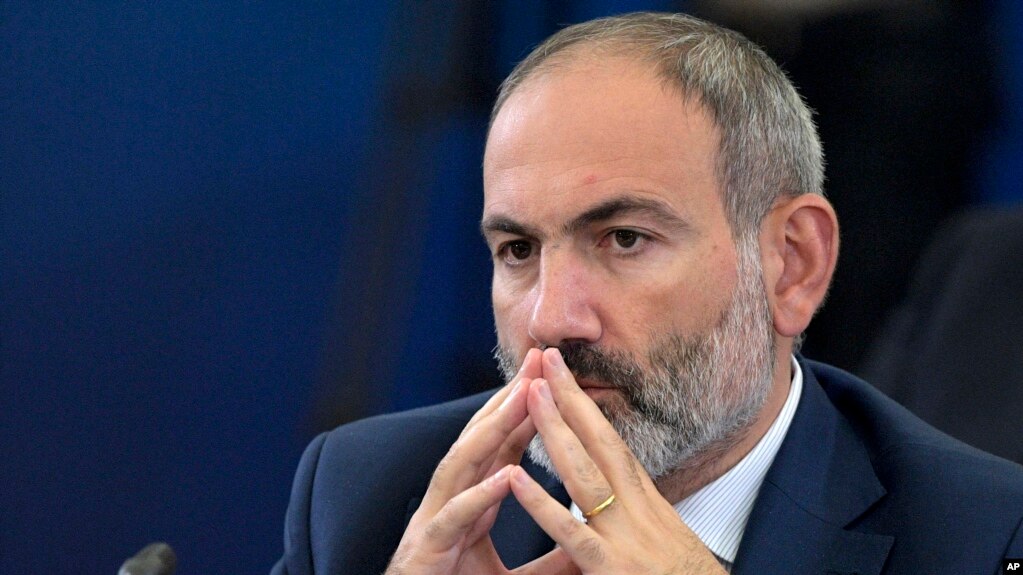By Sher Karimov
In January 2022, Uzbekistan exported 3.3 thousand tons of textile products to 14 countries for $18.8 million.
According to the State Statistics Committee, the export of textile products increased by $2.1 million compared to the same period last year.
Uzbekistan’s 2021 total exports reached US$12.5 billion in 2021, an increase of 34.4% compared to 2020, according to the Uzbek State Statistics Committee.
Products exported were mainly industrial goods, food products, and chemicals, with the bulk of goods and services in 2021 going to China, Russia, Turkey, Kazakhstan, Kyrgyzstan, Afghanistan and Tajikistan. Their share in total volume of exports reached 56.5% of the total. Uzbekistan’s exports to the other CIS states – Armenia, Azerbaijan, Belarus, Georgia, Moldova, Turkmenistan, and Ukraine reached 32.6%.
The export centre of Uzbekistan is its capital city, Tashkent, which accounted for 22.9% of all exports, amounted to US$3.7 billion.

However, Russia overtook China in bilateral trade volumes, with US$7.5 billion in total, China running a close second with US$7.4 billion. 2021 was the first time since 2014 that Russia-Uzbek trade has been higher than China-Uzbek trade.
The country is tied to both via its membership of the CIS, allowing it free trade with fellow CIS nations, including Russia. It has also recently joined the Eurasian Economic Union (EAEU) as an observer and appears on track to sign an FTA.
In terms of China, with the launch of the Belt and Road Initiative (BRI) in 2013, Uzbekistan has become a strategic geopolitical partner in the region. Although the two countries don’t share a border, Uzbekistan’s location places it right in China’s path to Turkmenistan to the west, a major source of natural gas. The Central Asia-China Pipeline passes through Uzbekistan to connect Turkmenistan’s gas supply to China’s grid in the western region of Xinjiang.
In addition, Uzbekistan’s proximity to the Caspian Sea makes it a viable corridor opening trade routes to the Persian Gulf and Black Sea ports. Uzbekistan itself also supplies a significant amount of natural gas to China, as well as other commodities, including cotton and inorganic chemicals. We provided a thorough examination of China-Uzbek trade relations and future prospects in this September 2021 article here. Russian trade as mentioned is also increasing – a situation we described in further detail earlier this month here.
Uzbekistan is reaching out to further export markets, having agreed a trade deal with the United Kingdom last year and is currently in negotiations with South Korea over a similar export reach.





